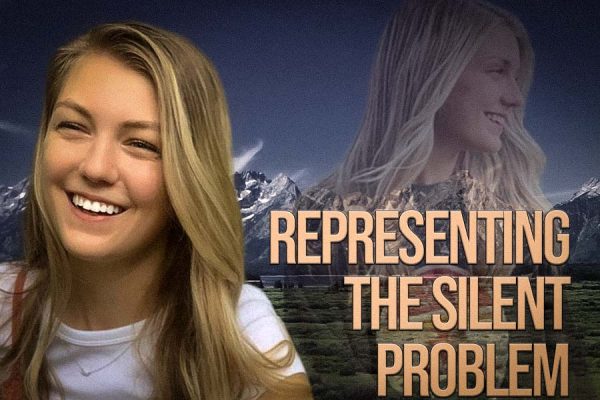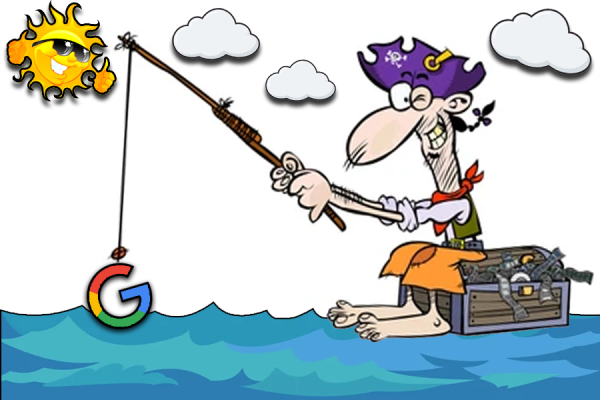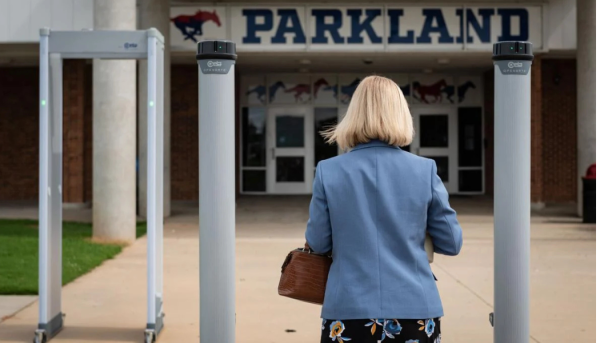It’s Our Future: 16 should be the minimum voting age
Let me make one thing blatantly clear: 18 is an arbitrary age. There’s nothing about the age of 18 that is special or different, especially when it comes to important matters such as voting. It’s a subjective point in time that society decided was important, and nothing more. On the other hand, there are numerous reasons we should lower our voting age to 16.
First off, there’s the issue of the phrase “no taxation without representation”, that’s great in principle, but that we as a country haven’t quite come through on. Most people will remember from history class that this phrase originated in America around the time of the American Revolution as a result of the British Parliament taxing the colonies without giving them a say in political matters. This ended up being a main reason why the colonies decided to revolt and break away from British rule. Great in principle, but there’s a loophole. In most places in the U.S. you’re able to get a job at the age of 16. If you have a job, you have to pay income taxes in most states, and for the most part, you can vote if you have a job. The one exception is those 16 and 17 year olds who, despite having to pay income taxes as a result of their work, are still not allowed to vote. But for some reason, this isn’t considered “taxation without representation.” The average minimum age for an everyday job in America is 16, and therefore it makes it the most reasonable number to choose as a voting age minimum. If you’re able to be taxed, you should be able to vote. It can’t get much simpler than that.
Voting is an essential part of our democracy, especially when it comes to young people, who are the future of our nation. It’s one thing that has been a problem for us in past elections. Voting turnout recently for ages 18-29 has been concerningly low, only just getting to 50 percent in the 2020 presidential election. Yes, this is an improvement from previous elections, where voting percentages were significantly lower, but that’s still only half of all the eligible voters in that age group. The problem is that a lot of young people believe that their vote won’t matter in the grand scheme of things. Now, it’s true that one single vote won’t change the outcome of an entire election, but when a large group of people all have that same individual mentality, you can bet that it will have a severe impact on the results. Including 16 and 17 year olds would be a step in the right direction in proving to young voters that their voices matter, and that they don’t have to let older generations dictate the outcome of our elections.
Maybe the most important part of this whole issue is that we younger generations are the ones who are going to have to live with the results of whoever we elect. Take climate change for example. A study done by the Pew Research Center in Washington D.C. showed that 36 percent of the “Silent Generation” (1929-1946) and 31 percent of “Baby Boomers” (1947-1965) said they leaned conservatively Republican when given the choice between that, liberal Republican, conservative Democrat, liberal Democrat and Independent. These were the largest percentages for both of these generations, and the percentage of conservative Republicans significantly diminished with each younger generation. In general, older generations tend to be more conservative when it comes to politics. More conservative politicians tend not to care as much about climate change, and some even think that it’s a made-up issue. Therefore, these politicians will probably not do as much to try to prevent the issue from worsening. Let’s be real: older citizens are not the ones who are going to have to live with the results of climate change if (or when) it gets really bad. It’s morbid, yes, but it’s also true. The only reason that the older generations are currently controlling election outcomes is because half of voters 29 and younger are not coming out to vote. Now, that problem is not entirely the case because we aren’t allowing 16 and 17 year olds to vote. There’s still generally a lot of work to be done on getting more recent generations to show up to voting sites. But allowing a whole new group of youth to vote would greatly increase the amount of votes cast in the first place, and would motivate our nation’s young people to stand up for the country and world they want.
Our individual voices are our power. It’s the ideal that our nation was built on, and it’s still equally important today. The voting age needs to be lowered to 16. It’s a critical step in moving towards the betterment of our country and our democracy.

Claire Reinthaler is a third-year writer for the Zephyr, and is excited to take on the role of co-editor-in-chief this year. She is the Titan Tattler for...







